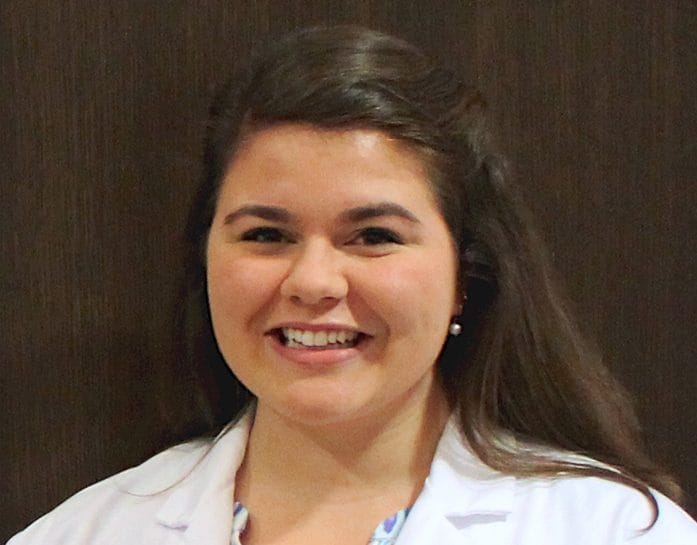 By Erin Hayden
By Erin Hayden
Traveling abroad can be an exciting adventure, exposing you to beautiful sights and amazing new cultures. However, it can also be stressful, especially when considering the potential for contaminated food and/or water at your destination which can cause traveler’s diarrhea and a host of other problems. Although in healthy adults, travelers’ diarrhea is rarely serious, you don’t want a fun-filled vacation to turn into the next revolution inside your stomach. Fortunately, there are some useful tips to lessen the chances of getting sick on your next adventure.
Whenever leaving the country, it is important to consider the location you are traveling to, the native food/water safety and the infrastructure of the sanitation system in the country. Typically, countries similar to the United States in development (for instance, much of Western Europe, Australia, Japan) have safe tap water and modern regulation of hygiene and sanitation.
However, this does not mean every travel destination in those areas will certainly contain safe drinking water. Additionally, a country may have generally safe tap water but the native food may still not be safe for consumption. This is because bacteria in our gastrointestinal system is adapted to local food preparation in the United States. Therefore, a traveler from the US to a tropical area or any area with a different ecosystem may encounter different bacteria in prepared food, and subsequently develop travelers’ diarrhea. Hence, it is always worthwhile to be prepared.
To help protect yourself while you travel, here are some tips:
First, check with your physician or pharmacist as you plan your trip. Depending on the area you are traveling to, they may recommend specific vaccines to help protect you while abroad from illnesses you can get from contaminated food/water. Additionally, they may also recommend bringing an antibiotic with you in case you do get sick.
Second, at destinations with higher food/water safety risk, avoid ingesting tap water at all costs. This includes when you are brushing teeth or while taking a shower, which are common ways that people can accidentally consume contaminated water. While showering, remember to keep your mouth and eyes closed. When brushing your teeth, it is best to use bottled water to rinse both the toothbrush and your mouth. Also remember that ice is made from tap water. Many individuals will take care to drink bottled or canned drinks and then forget to avoid the accompanying ice.
Next, generally avoid food groups such as raw meat, dairy and most fruits and vegetables. There can be bacteria living on unwashed fruits and vegetables which can cause illness when consumed raw, or the washing of the food itself can pose problems through the use of tap water. Therefore, it is safest to stick to cooked vegetables and fruits that you have peeled yourself. Dairy should be avoided, as improperly pasteurized or room temperature milk also be harmful. Only eat cooked meat provided by a reliable source, such as a larger restaurant. As enticing as they may be, it is recommended to avoid street vendors.
Finally, it is recommended to be aware of where the closest hospital or healthcare facility is located while you travel. If you do fall sick to a potential food/water-borne illness, stay hydrated and seek medical care as soon as possible. Follow physician and pharmacist recommendations for any prophylactic antibiotics you may have brought with you in case of illness.
Explore the world, and make sure you stay safe while you travel. For more information on food/water safety and your specific destination, check out the Center for Disease Control’s traveler health site (www.cdc.gov/travel).
This article was written by third-year pharmacy student at Duquesne University Mylan School of Pharmacy, Erin Hayden, and reviewed by her faculty advisor, Dr. Jordan Covvey.
Erin Hayden is a third-year pharmacy student at Duquesne University Mylan School of Pharmacy. She has worked in retail pharmacy for the past four years. In addition to learning more of the clinical side of pharmacy, Erin has taken interest in health outcomes and has initiated research on Hepatitis C prevention. Looking forward, Erin hopes to work in a clinical setting while being involved in administrative health outcome decisions.
Dr. Covvey is an Assistant Professor in Pharmacy Administration at the Duquesne University Mylan School of Pharmacy. She earned her Doctor of Pharmacy from the University of Kentucky in 2010, and then completed residency training at Virginia Commonwealth University Health System in 2011. She subsequently passed her board certification in pharmacotherapy (BCPS) and was selected as a recipient of a Fulbright grant to complete a Doctor of Philosophy at the University of Strathclyde Institute of Pharmacy and Biomedical Sciences in Scotland. She currently teaches in the public and global health curriculum for pharmacy students at Duquesne, and her research area is in the utilization of healthcare data, such as electronic medical records, for quality improvement in prescribing.






